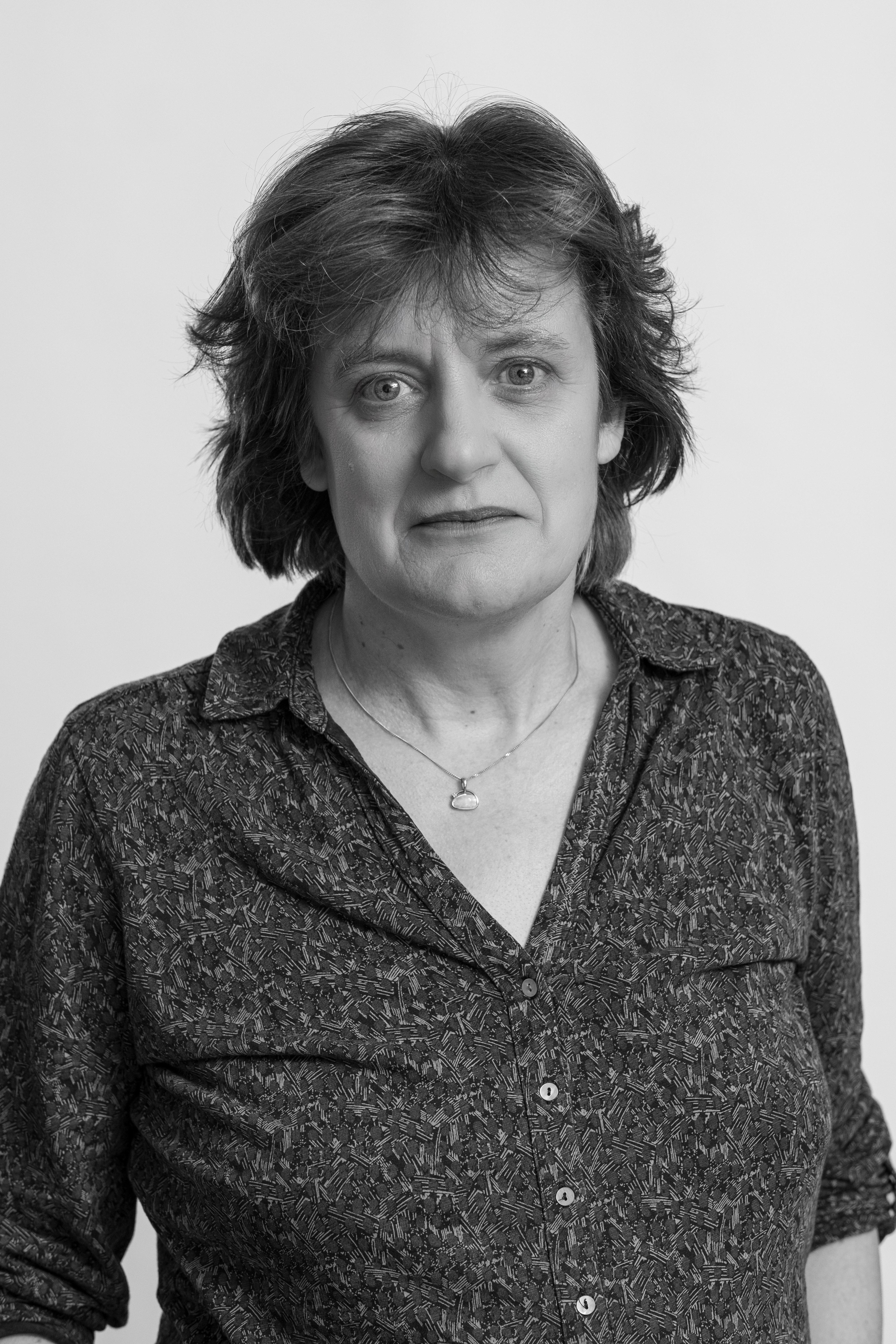Academic Career
- 2004-onwards: Loughborough University
- 2000-2004: AHRB Research Fellow, Institute of English Studies, University of London (Project: ‘The History of the Book in Ireland, 1891-2000’)
- 1998-1999: Munby Fellow in Bibliography, University of Cambridge
- 1999: DPhil, University of Oxford (Thesis: ‘Publishing the Literary Revival: The Evolution of Irish Textual Culture, 1886-1922’)
- 1995: MSt, University of Oxford (Research Methods in English)
- 1993: MPhil, Trinity College Dublin (Anglo-Irish Literature, Distinction)
- 1992: BA (Hons), Royal Holloway, University of London (English, First Class Honours)
Professional Responsibilities, Awards and Visiting Fellowships
- Princeton University Library Fellowship, September 2023
- External Examiner, National University of Ireland Galway (from June 2023)
- Member of the UKRI Talent Panel College (from December 2022)
- Exhibition Curator and Visiting Fellow, Harry Ransom Center for the Humanities, University of Texas (April-June 2022)
- Member of the QAA Advisory Group for English (2021-2022)
- Long Room Hub Visiting Fellow, Trinity College Dublin (February 2020)
- Andrew Mellon Research Fellow, Harry Ransom Center for the Humanities, University of Texas (September 2019)
- James Joyce Research Fellow, SUNY Buffalo (February 2013)
- Leverhulme Research Fellowship, 2009-2012
- Fellow of the Higher Education Academy (since 2008)
- Bibliographical Society of America, New Scholars Award, 2003
- William R. Miller Award and Brockhues Scholarship, St Edmund Hall, Oxford, 1994-1998
- British Academy Doctoral Studentship, 1994-1997
Clare’s research is on Irish Literature, especially early twentieth century. She has a particular interest in book history, including questions about how literary texts get written; how, where, when and why they are read; and how, when and by whom they are published. Her research has been funded by the AHRC, the Leverhulme Trust, and the British Academy.
Serial Encounters: Ulysses and the Little Review (Oxford University Press, 2019) is an original study of James Joyce’s Ulysses, and looks at the critical and textual significance of the way in which Joyce’s evolving work was first serialised. Building on this, Clare curated Women and the Making of Joyce’s Ulysses, a major exhibition which explored the formative and facilitating role which women played in enabling the realisation of Ulysses. This was on display at the Harry Ransom Center for the Humanities, University of Texas at Austin during 2022, the centenary of the publication of Ulysses in volume form. In related work, Clare participated in the BBC Arena Ulysses (2022) and lectured at the British Library on ‘Finding Miss Weaver: James Joyce and the Patron of Ulysses’.
At an earlier stage in her career, Clare edited The Irish Book in English, 1891-2000, volume 5 of ‘The Oxford History of the Irish Book’ (Oxford University Press, 2011).
Clare’s research contributes to the work of both the Cultural Currents: Nineteenth to Twentieth Century Research Group and the Editing and Textual Scholarship Research Group. She has just completed editing Joyce’s Poems for the New Penguin Joyce Series and is now completing an article on ‘Networks of Association and Intimacy: The Legacies and Letters of Harriet Shaw Weaver and Sylvia Beach’ based on research at Princeton in 2023.
Clare teaches broadly across the literary curriculum and has particular interests in Irish Literature (especially James Joyce and W. B. Yeats), the history of the book (particularly publishing history and textual criticism) and Modernism. Recent work, contributing to the MA in Contemporary Literature and Culture, looks at the relationship between the market for books, the literary canon, and the business of literary prizes.
Clare has been a pioneer in teaching digital literary studies, and was awarded a Research Informed Teaching Award in 2020. Recent teaching has involved looking at the annual process of the Booker Prize (as it happens in real time, during the Autumn) and requires students to engage with what might be termed the ‘hyper contemporary’, the just-published and prize-winning literature of now.
Current Students
- Lucy Brennan, ‘Ulysses, Feminism and Visual Culture’
- Yee Zhao, ‘Ageing Matters: Narratives of Older Women in Contemporary Life Writing’
Recent Students
- Jiaxin Zhang, ‘Complete Song Ci: A Digital Collection of Song Dynasty Chinese Poetry’ (2024)
- Amelia Mills, ‘The Translatress in her Own Person Speaks: Aphra Behn’s Reframed Dynamics of Love, Seduction and Courtship’ (2023)
- Leah Henrickson, ‘Towards a New Sociology of the Text: The Hermeneutics of Algorithmic Authorship’ (2019)
Clare would be very happy to hear from prospective PhD students who share any of her research interests.
- 2024: ‘Finding Miss Weaver: James Joyce and the Patron of Ulysses, in Nicola Wilson (ed), The Edinburgh Companion to Women in Publishing, 1900-2000 (Edinburgh University Press).
- 2023: ‘Elizabeth Yeats, Reveries over Childhood and Youth and Material Circumstance’, International Yeats Studies, 7(1), 15-40.
- 2022: Women and the Making of Ulysses: A History in Ten Objects (available here).
- 2019: Serial Encounters: Ulysses and the Little Review (Oxford University Press).
- 2019: ‘The Moment and Technique of Milkman’, Essays in Criticism, 69:3 (2019), 1-23.
- 2011: Editor, The Irish Book in English, 1891–2000 (Oxford University Press).
- 2003: ‘Chapters of Moral History: Failing to Publish Dubliners’, Papers of the Bibliographical Society of America, 97 (2003), 495–519.
- 2003: ‘Joyce and the Institutions of Revivalism’, Irish University Review, 33 (2003), 117-132.
